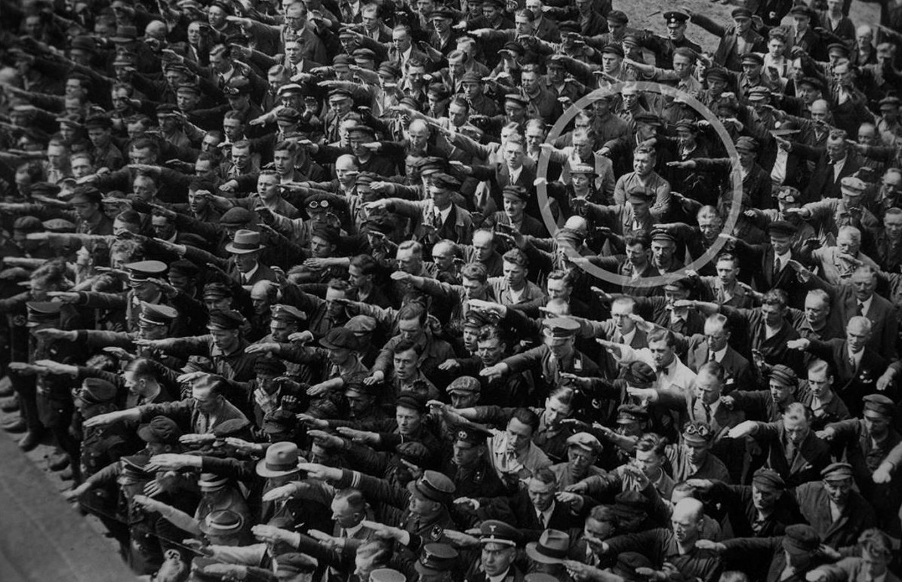A few weeks back I did a little thread on the book of Esther, ch& #39;s 1–2. Some more reflections on ch& #39;s 3–6 which I& #39;ve taught recently... Ch. 3 introduces the reader to Haman *the Agagite*. One thing I often tell my students is that biblical narratives rarely waste details... 1/
In ch. 2 of Esther we& #39;re told that Mordecai is a descendant of Saul. Per my earlier thread, these two details are important. Centuries of family history come into play and it is almost certain that Haman and Mordecai are aware of this history (see 1 Sam 15). /2
But the history goes back further. Exod 17:8–16 tells us that the Amalekites were a grave threat to Israel as they fled Egypt twds the Promised Land. Moreover, Deut 25:17–19 indicates that the Amalekites picked off those & #39;lagging behind"; presumably elderly, woman, children... /3
All of this to say that the narrative set up of Esther 1–3 hints at ending to a conflict that had its beginnings way back in Exodus and continued up to and beyond the era of the kings. The surprise, perhaps, is that the resolution will not happen in Israel, but in exile... /4
Haman has a tender ego that demands unrelenting loyalty. Should a single person refuse to give him honour, misery ensues. The sense is one of putting himself in God’s place that is almost Pharaoh-esque. BTW, here& #39;s an early image of Mordecai refusing to bow to Haman.  https://abs.twimg.com/emoji/v2/... draggable="false" alt="😉" title="Winking face" aria-label="Emoji: Winking face"> /5
https://abs.twimg.com/emoji/v2/... draggable="false" alt="😉" title="Winking face" aria-label="Emoji: Winking face"> /5
Mordecai& #39;s refusal to honour Haman leads to what is clearly an absurd over-reaction that stems not merely from a hatred of Mordecai, but of God& #39;s people more generally (hence the desire for a genocide). It& #39;s a hatred that dates back generations to the time of the exodus. /6
Ch. 4 is the turning point in the narrative. Esther& #39;s reaction is a "sliding doors" moment that will determine how the situation will unfold. Two people, two locations, w/ two differing responses. Mordecai, now outside the citadel mourning/wailing, identifying w/ God’s ppl... /7
Esther, by contrast, is inside the palace, comfortable, but perhaps w/ faith brewing(?). Mordecai& #39;s actions are associated with prayer throughout the Bible. Such actions now make him an outsider. His grief identifies him w/ God’s ppl thus excluding him from the citadel... /8
After all, you cannot be sad in the king& #39;s presence. Esther& #39;s response to Mordecai& #39;s sackcloth and ashes is *new clothes* (the ancient equivalent of retail therapy!). Her response is indicative of a mind that is very much in keeping with the empire. /9
The Australian equivalent to Esther& #39;s response would be something like " let& #39;s have a beer"; in the US, "let’s get some coffee"; or Britain, "let& #39;s have a nice cuppa tea". Her response is superficial and demonstrates that something needs to change if the Jews are to be saved. /10
Mordecai does two things in response: (1) He tells Esther everything. Language such as "annihilation" presses the urgency of the matter. (2) He gives her instructions for the last time: (a) Go into the king (b) Beg for mercy and plead for *her* people. /11
Will Esther acknowledge that the Jews are *her* ppl or
will she remain a child of the Empire? Outside the citadel, Mordecai is visibly/loudly standing w/ God’s ppl. Will Esther do the same inside the palace? Will Esther identify w/ her people when they are most at risk? /12
will she remain a child of the Empire? Outside the citadel, Mordecai is visibly/loudly standing w/ God’s ppl. Will Esther do the same inside the palace? Will Esther identify w/ her people when they are most at risk? /12
Esther, the only person in the book with 2 names, must pick a side. Will she be Hadassah (w/ God’s people), or Esther (w/ Persia). Mordecai knows he& #39;s asking her to rsik her life. The stakes could not be higher. Mordecai& #39;s response conveys faith that *hints* twds Gen 12... /13
Mordecai& #39;s words, "relief and deliverance for the Jews will arise from another place" hint towards the covenant promises of God to save a ppl for himself. He then suggests that Esther might just be the mediator to bring about that deliverance. "For such a time as this!" /14

 Read on Twitter
Read on Twitter /5" title="Haman has a tender ego that demands unrelenting loyalty. Should a single person refuse to give him honour, misery ensues. The sense is one of putting himself in God’s place that is almost Pharaoh-esque. BTW, here& #39;s an early image of Mordecai refusing to bow to Haman. https://abs.twimg.com/emoji/v2/... draggable="false" alt="😉" title="Winking face" aria-label="Emoji: Winking face"> /5" class="img-responsive" style="max-width:100%;"/>
/5" title="Haman has a tender ego that demands unrelenting loyalty. Should a single person refuse to give him honour, misery ensues. The sense is one of putting himself in God’s place that is almost Pharaoh-esque. BTW, here& #39;s an early image of Mordecai refusing to bow to Haman. https://abs.twimg.com/emoji/v2/... draggable="false" alt="😉" title="Winking face" aria-label="Emoji: Winking face"> /5" class="img-responsive" style="max-width:100%;"/>


